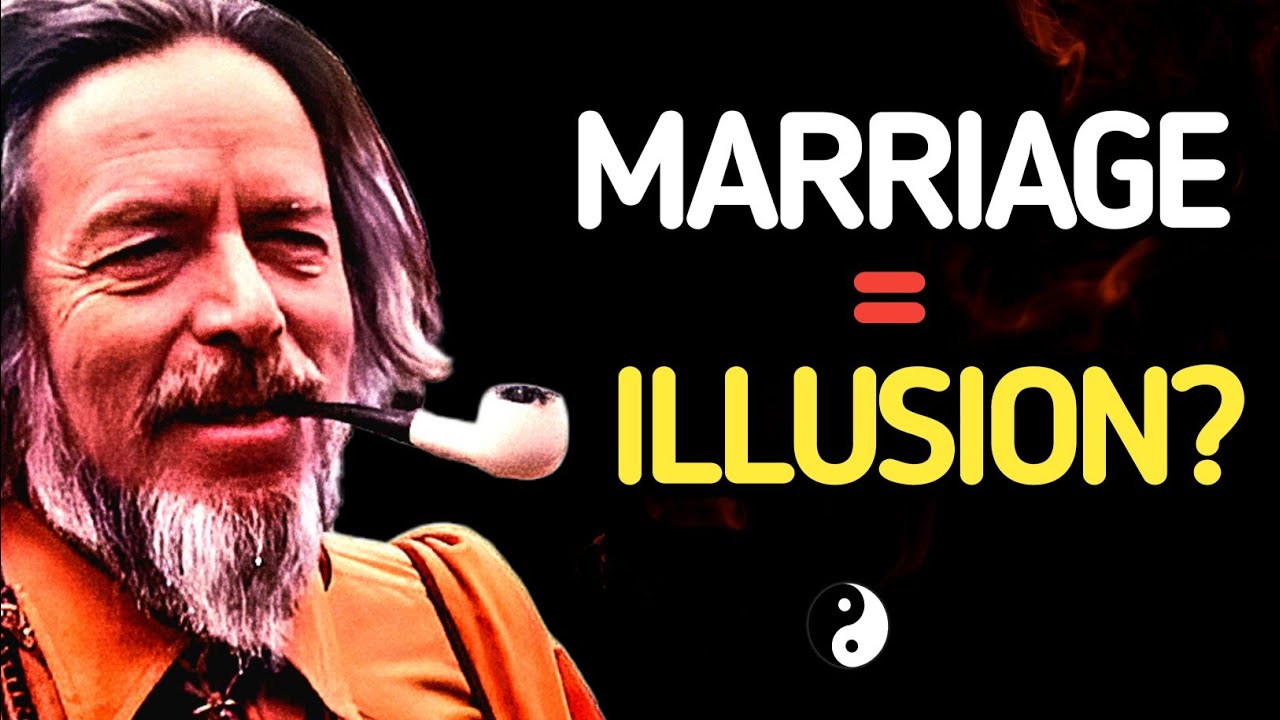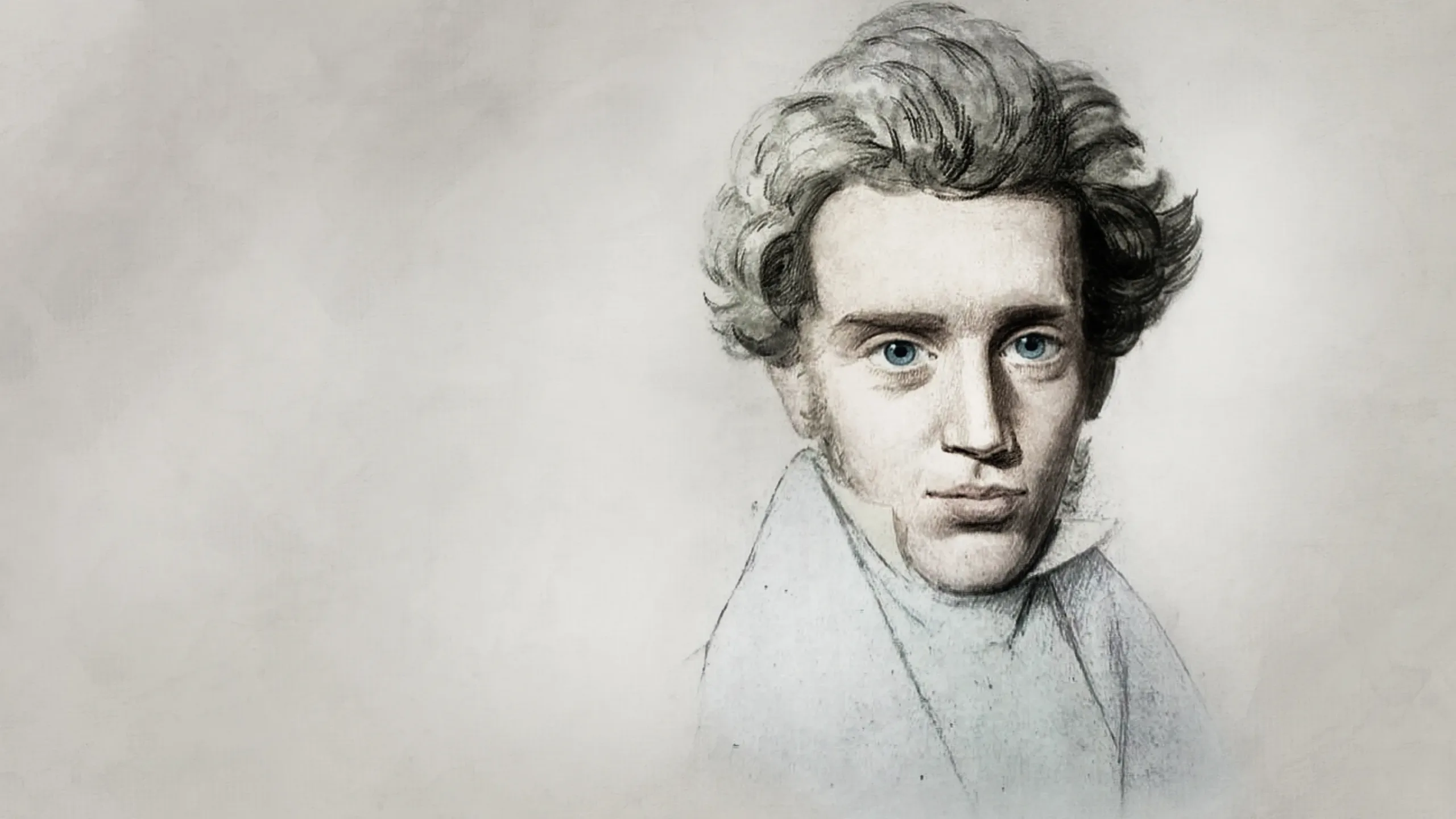
The Evolution of Information: From News to Social Media – A Deeper Dive
The Shift from Limited to Ubiquitous Information
In the pre-internet era, news was a finite resource, confined to newspapers, radio, and television. These traditional media outlets had a natural limitation in terms of reach and frequency. However, the digital revolution, particularly the advent of the internet and social media, has led to an information overload. Unlike the past, where news was consumed at specific times, today’s digital landscape bombards us with constant updates, making it challenging to escape the cycle of negative news.

The Algorithmic Amplification of Fear
Social media algorithms are designed to maximize engagement, and they quickly learned that content evoking strong emotional responses, particularly fear and anger, keeps users hooked. This has led to a proliferation of sensationalist and often misleading content, as creators and platforms capitalize on our psychological biases toward negative news.

Shattering the walls of the echo chamber, we allow the sounds of diverse truths to be heard.
Religion and Fear: Exploiting Human Nature
Historical Context of Fear in Religion
Religions have long understood the power of fear in controlling and influencing followers. By framing narratives around eternal damnation, sin, and divine retribution, religions have effectively harnessed fear for compliance and conformity. This tactic, deeply ingrained in human history, finds its parallel in today’s digital misinformation campaigns.
The Transition from Pulpits to Platforms
The fear-mongering tactics once confined to religious sermons have now found a new medium in social media. The same psychological triggers used by religions to instill fear and obedience are now employed by digital content creators to drive engagement and spread misinformation.

Through the lens of truth, we examine every piece of information, distinguishing fact from fiction. Stay informed, stay accurate.
The Digital Catalyst: A Closer Look at Social Media’s Impact
The Transformation of Social Media
Initially, social media was a platform for connection and entertainment. However, it has evolved into a powerful tool for information dissemination and opinion shaping. This transformation has been both rapid and profound, fundamentally altering how we consume news and form opinions.

Breaking free from the chains of orchestrated propaganda, the first breath of truth is the most liberating.
The Consequences of Constant Negative Exposure
The relentless exposure to negative content on social media has significant psychological impacts. It can lead to increased anxiety, a sense of hopelessness, and a skewed perception of reality. The constant fear-mongering creates a world that seems perpetually on the brink of disaster, affecting our mental health and societal cohesion.

In a world saturated with falsehoods, the quest for authenticity becomes a radical act of defiance.
Demographic Salesmanship: Understanding the Risks
The Mechanics of Group Division
Demographic salesmanship thrives on dividing people into distinct groups and pitting them against each other. By emphasizing differences and fostering a sense of ‘us vs. them,’ this tactic creates a fertile ground for conflict, prejudice, and discrimination.
The Historical Consequences
The dangers of demographic salesmanship are not theoretical; history is replete with examples of how this tactic has led to some of the worst atrocities. From racial segregation to genocides, the idea of inherent group superiority or inferiority has had devastating consequences.
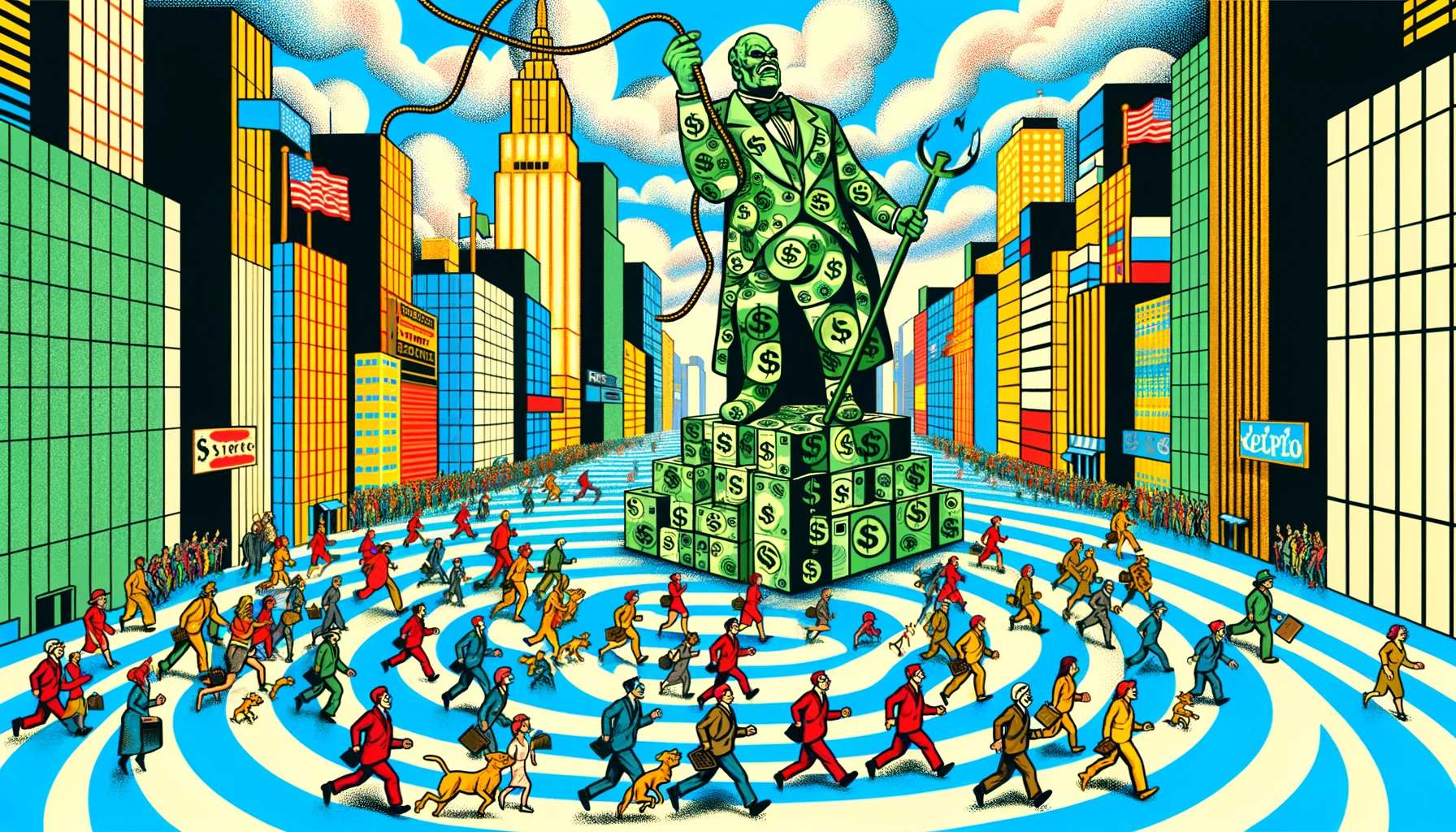
The Misconception of Truth’s Triumph: A Critical Analysis
The Reality of Truth in the Modern World
The comforting belief that truth will always prevail is challenged in today’s world, where misinformation can spread rapidly and widely. The truth often requires diligent effort to uncover and understand, while lies and sensationalism are readily accessible and more appealing to the masses.

His eyes scan the lines, mining for truth in a quarry of print. Through the labyrinth of words, he questions, probes, and discerns.
The Role of Charisma and Emotion in Spreading Misinformation
In the battle for attention, charisma, and emotional appeal often trump factual accuracy. This reality is particularly evident in the realm of social media, where influencers and content creators use persuasive techniques to spread their narratives, regardless of their truthfulness.
The Decline of Institutional Trust: A Closer Examination
The Erosion of Trust in Traditional Institutions
The decline in trust towards traditional institutions like governments and media has been accelerated by instances of misinformation and bias. This erosion of trust has created a vacuum that social media influencers have been quick to fill, often without the same level of accountability or expertise.
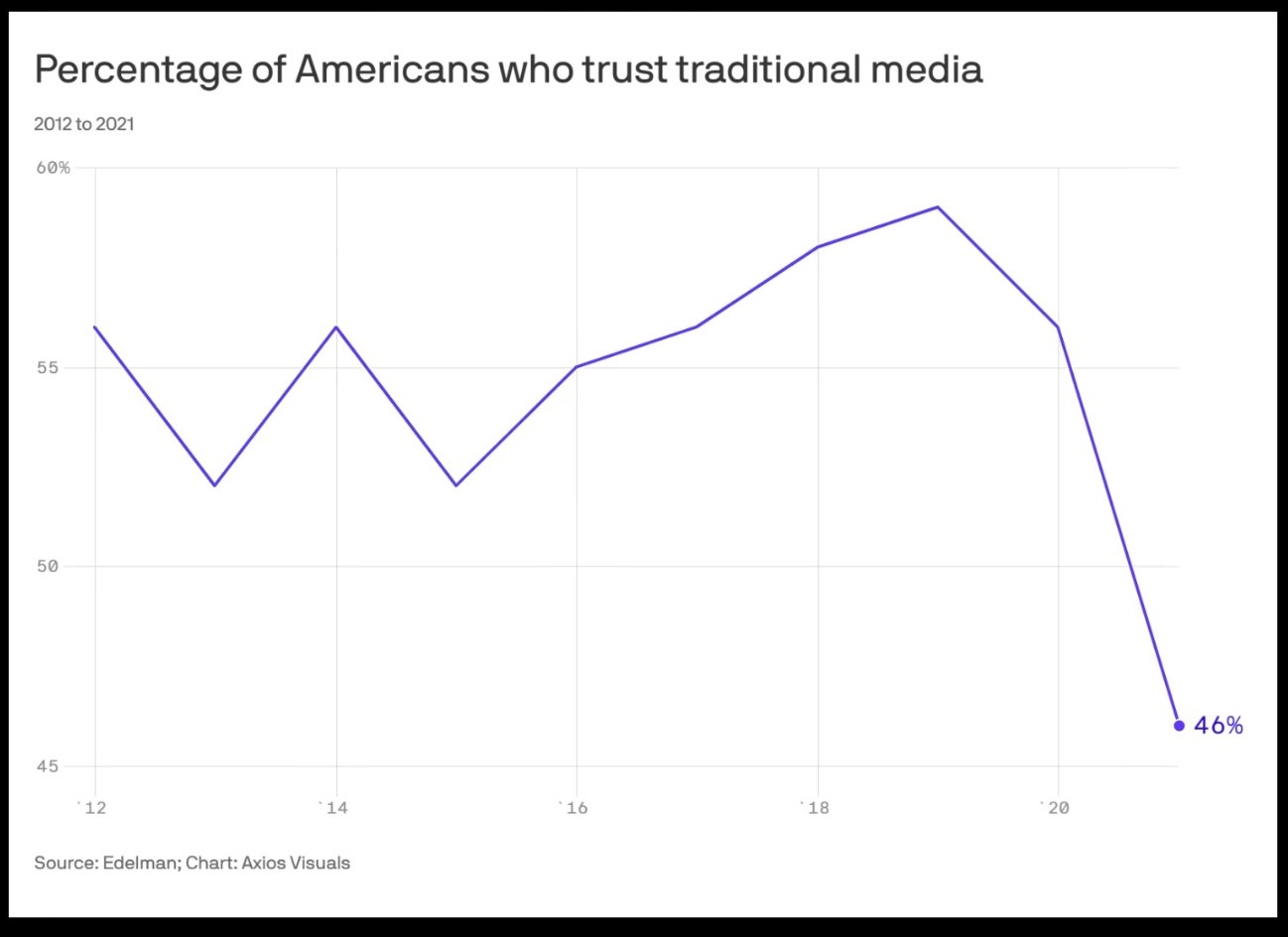
The Rise of Influencers and the Dangers of Misinformation
The rise of influencers as sources of information presents a unique challenge. While they offer an alternative to traditional media, their motivations and the accuracy of their content are not always aligned with the public’s best interest. This shift has led to a landscape where misinformation can thrive unchecked.

Navigating the Minefield: Enhancing Our Defense with Critical Thinking
Developing Critical Thinking Skills
In a world rife with misinformation, the ability to think critically is more important than ever. This involves questioning sources, seeking context, and understanding the difference between opinion and fact. Critical thinking allows us to navigate the complex information landscape and make informed decisions.
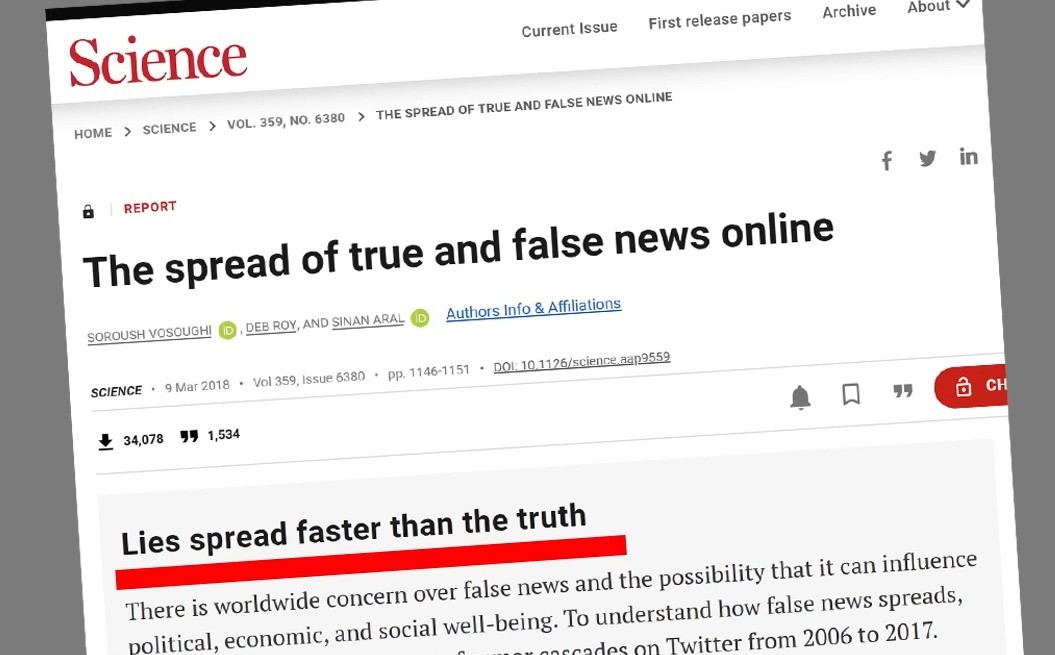
Conclusion: The Path to Truth in a World of Deception
In conclusion, our journey through the web of deception highlights the importance of critical thinking and vigilance in the face of constant misinformation. By understanding the tactics used to manipulate and deceive, we can arm ourselves with the tools necessary to discern truth from falsehood. In this era of information overload, our commitment to seeking the truth is not just a personal choice but a societal imperative.

Venturing off the well-trodden path, the freethinker seeks knowledge untainted by the crowd. Embrace curiosity, forge your own journey.

The Evolution of Information: From News to Social Media – A Deeper Dive
The Shift from Limited to Ubiquitous Information
In the pre-internet era, news was a finite resource, confined to newspapers, radio, and television. These traditional media outlets had a natural limitation in terms of reach and frequency. However, the digital revolution, particularly the advent of the internet and social media, has led to an information overload. Unlike the past, where news was consumed at specific times, today’s digital landscape bombards us with constant updates, making it challenging to escape the cycle of negative news.

The Algorithmic Amplification of Fear
Social media algorithms are designed to maximize engagement, and they quickly learned that content evoking strong emotional responses, particularly fear and anger, keeps users hooked. This has led to a proliferation of sensationalist and often misleading content, as creators and platforms capitalize on our psychological biases toward negative news.

Shattering the walls of the echo chamber, we allow the sounds of diverse truths to be heard.
Religion and Fear: Exploiting Human Nature
Historical Context of Fear in Religion
Religions have long understood the power of fear in controlling and influencing followers. By framing narratives around eternal damnation, sin, and divine retribution, religions have effectively harnessed fear for compliance and conformity. This tactic, deeply ingrained in human history, finds its parallel in today’s digital misinformation campaigns.
The Transition from Pulpits to Platforms
The fear-mongering tactics once confined to religious sermons have now found a new medium in social media. The same psychological triggers used by religions to instill fear and obedience are now employed by digital content creators to drive engagement and spread misinformation.

Through the lens of truth, we examine every piece of information, distinguishing fact from fiction. Stay informed, stay accurate.
The Digital Catalyst: A Closer Look at Social Media’s Impact
The Transformation of Social Media
Initially, social media was a platform for connection and entertainment. However, it has evolved into a powerful tool for information dissemination and opinion shaping. This transformation has been both rapid and profound, fundamentally altering how we consume news and form opinions.

Breaking free from the chains of orchestrated propaganda, the first breath of truth is the most liberating.
The Consequences of Constant Negative Exposure
The relentless exposure to negative content on social media has significant psychological impacts. It can lead to increased anxiety, a sense of hopelessness, and a skewed perception of reality. The constant fear-mongering creates a world that seems perpetually on the brink of disaster, affecting our mental health and societal cohesion.

In a world saturated with falsehoods, the quest for authenticity becomes a radical act of defiance.
Demographic Salesmanship: Understanding the Risks
The Mechanics of Group Division
Demographic salesmanship thrives on dividing people into distinct groups and pitting them against each other. By emphasizing differences and fostering a sense of ‘us vs. them,’ this tactic creates a fertile ground for conflict, prejudice, and discrimination.
The Historical Consequences
The dangers of demographic salesmanship are not theoretical; history is replete with examples of how this tactic has led to some of the worst atrocities. From racial segregation to genocides, the idea of inherent group superiority or inferiority has had devastating consequences.

The Misconception of Truth’s Triumph: A Critical Analysis
The Reality of Truth in the Modern World
The comforting belief that truth will always prevail is challenged in today’s world, where misinformation can spread rapidly and widely. The truth often requires diligent effort to uncover and understand, while lies and sensationalism are readily accessible and more appealing to the masses.

His eyes scan the lines, mining for truth in a quarry of print. Through the labyrinth of words, he questions, probes, and discerns.
The Role of Charisma and Emotion in Spreading Misinformation
In the battle for attention, charisma, and emotional appeal often trump factual accuracy. This reality is particularly evident in the realm of social media, where influencers and content creators use persuasive techniques to spread their narratives, regardless of their truthfulness.
The Decline of Institutional Trust: A Closer Examination
The Erosion of Trust in Traditional Institutions
The decline in trust towards traditional institutions like governments and media has been accelerated by instances of misinformation and bias. This erosion of trust has created a vacuum that social media influencers have been quick to fill, often without the same level of accountability or expertise.

The Rise of Influencers and the Dangers of Misinformation
The rise of influencers as sources of information presents a unique challenge. While they offer an alternative to traditional media, their motivations and the accuracy of their content are not always aligned with the public’s best interest. This shift has led to a landscape where misinformation can thrive unchecked.

Navigating the Minefield: Enhancing Our Defense with Critical Thinking
Developing Critical Thinking Skills
In a world rife with misinformation, the ability to think critically is more important than ever. This involves questioning sources, seeking context, and understanding the difference between opinion and fact. Critical thinking allows us to navigate the complex information landscape and make informed decisions.

Conclusion: The Path to Truth in a World of Deception
In conclusion, our journey through the web of deception highlights the importance of critical thinking and vigilance in the face of constant misinformation. By understanding the tactics used to manipulate and deceive, we can arm ourselves with the tools necessary to discern truth from falsehood. In this era of information overload, our commitment to seeking the truth is not just a personal choice but a societal imperative.

Venturing off the well-trodden path, the freethinker seeks knowledge untainted by the crowd. Embrace curiosity, forge your own journey.
Leave A Comment
Table of content
- The Evolution of Information: From News to Social Media – A Deeper Dive
- The Shift from Limited to Ubiquitous Information
- Religion and Fear: Exploiting Human Nature
- The Digital Catalyst: A Closer Look at Social Media’s Impact
- Demographic Salesmanship: Understanding the Risks
- The Misconception of Truth’s Triumph: A Critical Analysis
- The Decline of Institutional Trust: A Closer Examination
- Navigating the Minefield: Enhancing Our Defense with Critical Thinking
- Conclusion: The Path to Truth in a World of Deception

